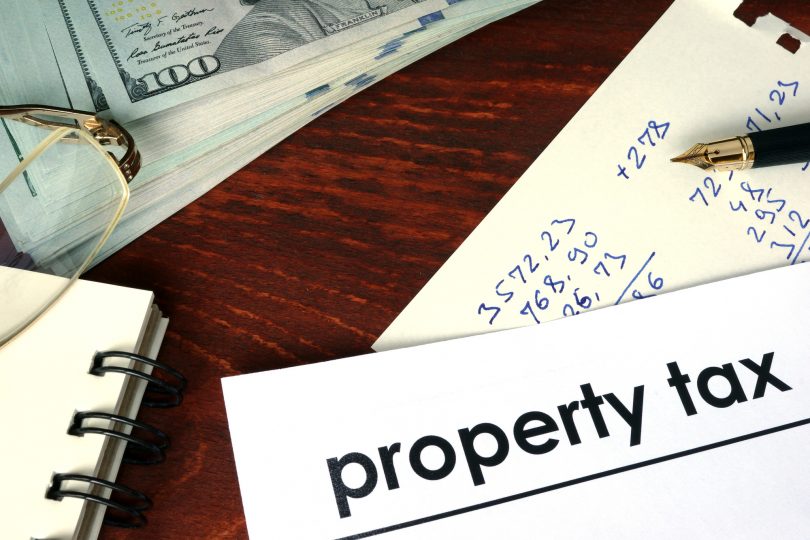When you buy equipment, computers, furniture, vehicles, and other tangible goods for your business to work, significant tax implications go along with those items. The Local Personal Property (LPP) tax applies when you buy any of these things.
The following article will help you understand the Fairfax County property tax regulations and what they mean for your business.

What is Business Personal Property?
Personal property refers to any tangible good, such as equipment, computers, furniture, tools, or vehicles. These items can typically be found in a small or medium-sized organization office. Items such as copiers or fax machines may be included in this category, as well as company-owned cell phones.
The LPP tax only applies to personal property belonging to the business, not private property or investment property. The terms “business” and “private” are different under the law. An organization with gross annual receipts of $500,000 or less qualifies as a business – no matter what kind of structure it’s organized under.
For example, if you have a sole proprietorship or single-member LLC that does not conduct any other businesses as its primary source of income, then those activities would be considered your private life, and your property tax rate would apply to them.
Investment property is a property that you hold for investment purposes, not for use in your business. Thus, it is taxed at the personal rate of taxation.
Rules of Personal Property Tax in Fairfax County
In Fairfax County, your property tax rate is 1.1 percent of the first $100,000 in business value and 2 percent on anything above that.
You should pay property taxes twice a year – one-half due by September 30 for the period between July 1 and December 31, and the other half to be paid by March 31 from January 1 to June 30.
Property is taxed at total value, but you can apply for a fair market value (FMV) exemption under certain circumstances. This way, if your organization purchases new equipment or machinery during the tax year, you don’t have to pay more property taxes on that amount of money. However, you will need to provide the receipts to get the exemption.
An organization with a business location within the city limits of Alexandria, Falls Church, or Fairfax must pay the LPP tax on all its personal property – not just on what’s located in those areas.
If your office does business in more than one locality requiring a personal property tax, you must file a non-resident return for each area.
If your equipment is located in a jurisdiction that charges a business personal property tax, but you’re not doing business there, you don’t have to pay tax on that property. You can apply to have it excluded from calculating total value by applying exclusion with the Department of Tax Administration.
The tax year for Fairfax County property tax is July 1 to June 30. If a refund is owed, you cannot get that payment until the next fiscal year starts on July 1.
Heavy Machinery and Technical Equipment Tax
In addition to the LPP tax, if you own heavy machinery or technical equipment, such as forklifts, aircraft, commercial vehicles, or construction equipment, as part of your business activities, you will have to pay a heavy machinery tax.
Final Words
As mentioned before, these rules can be complicated. If you’re not sure of the specific implications for your business, it is best to consult with a tax professional or attorney practicing in the region.
Leave a Reply